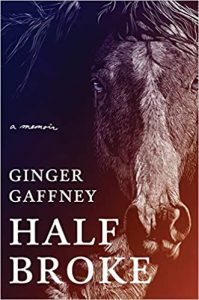Amazon Affiliate Link | Bookshop.org Affiliate Link
“I suppose that a lifetime spent hiding one’s erotic truth could have a cumulative renunciatory effect. Sexual shame is in itself a kind of death.”
Trigger warnings: death, suicide, parental death, divorce, sexual assault, war/military
As a queer woman, I have spent a large portion of my life knowing the name of Alison Bechdel (and the appropriately named “Bechdel Test”) without actually knowing anything about her. Fun Home details her childhood and early adulthood as the lesbian daughter of a closeted father; Bechdel is an incredibly talented writer, and the connections she draws between things are astoundingly complex. I spent the entire read of this graphic novel in awe of how she managed to connect each moment in later chapters to some of the earliest memories mentioned in the first.
This is a book for literature enthusiasts—especially lovers of classic literature. Each page references authors like Proust and Joyce, delving deeply into analysis of their works in order to make sense of Bechdel’s and her father’s life. At times, her parents are Zelda and Scott Fitzgerald, off in Europe before life gets in the way of their way of life. Utilizing these famous (and fictitious at times) people to discern and understand her family is something I was able to relate to; at times, our parents seem more like collections of stories and past events, people just out of reach but never truly willing to be completely comprehended.
This is a heavy work, as one Bechdel’s father dies when she is in college—an event which she labels as suicide. Her inability to put herself past this event is further explored when she discusses that sometimes the lines of parent/child warped, making the child the parent, and vice versa. The Bechdel family’s running a funeral home is also ever present, something which Bechdel uses to align her family with The Addams Family. Death and bodies are constant throughout this work, both physically making an appearance in Bechdel’s life but also again in reference to authors and their literary works.
Fun Home portrays an interesting comparison between the lives of lesbians and gay men. While there are more differences between Bechdel and her father than just those—such as military experience, age, and setting—Bechdel spends most of the book trying to find similarities between their experiences. Since her father died when she was 20, Bechdel has the rest of her life to ponder and overthink every experience she had with her father, every story she heard from or about him, to try to paint some sort of impossible, complete picture. More than anything, Bechdel is struck by the unknowns of her father. Even his darkest secrets (which include pursuing and assaulting teenage boys) are only viewed from an outside, limited perspective.
I had expected this graphic novel to feature Bechdel’s childhood, but more than anything it is a literary relationship between father and daughter. Now that I am in my 20s, I find my relationship with my parents changing (which I assume is a common occurrence). Somehow, they remain a glitching mix between person and caricature, real and unreal, known and unknown. Bechdel captures this confusion and mystery perfectly in every page of this graphic novel. While it is intense and dark at times, with difficult literary analyses at others, I cannot recommend this work enough.

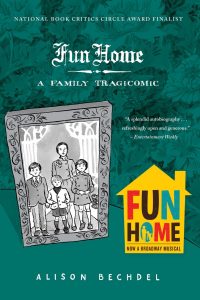
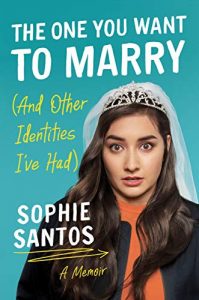
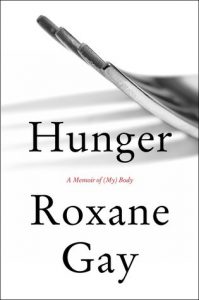

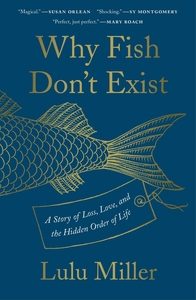
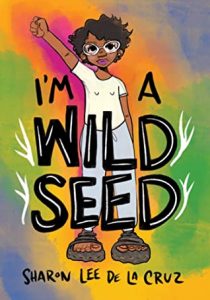
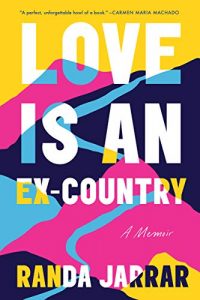
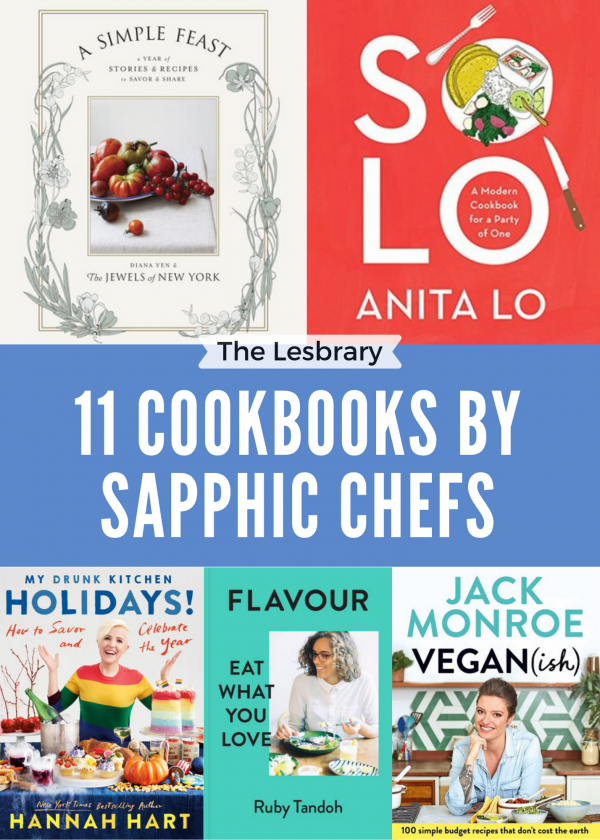
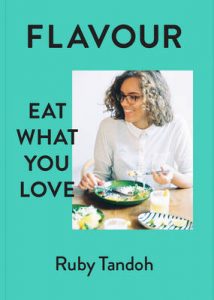
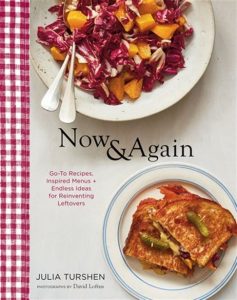
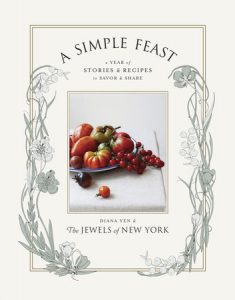 A Simple Feast by Diana Yen and The Jewels of New York
A Simple Feast by Diana Yen and The Jewels of New York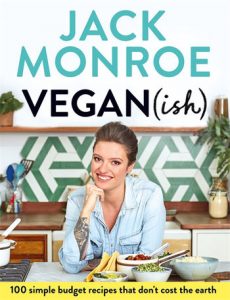 Vegan(ish) by Jack Monroe
Vegan(ish) by Jack Monroe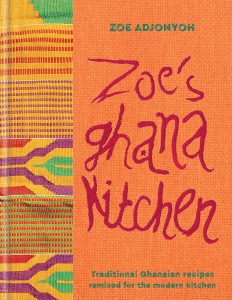 Zoe’s Ghana Kitchen by Zoe Adjonyoh
Zoe’s Ghana Kitchen by Zoe Adjonyoh My Drunk Kitchen Holidays by Hannah Hart
My Drunk Kitchen Holidays by Hannah Hart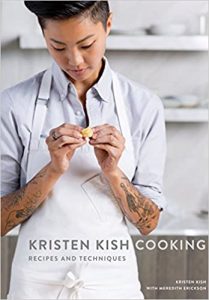 Kristen Kish Cooking by Kristen Kish and Meredith Erickson
Kristen Kish Cooking by Kristen Kish and Meredith Erickson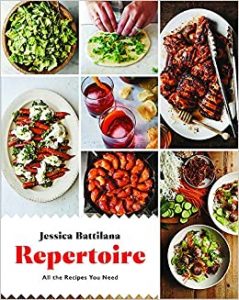 Repertoire by Jessica Battilana
Repertoire by Jessica Battilana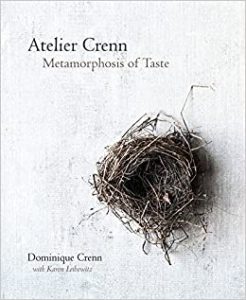 Atelier Crenn by Dominique Crenn
Atelier Crenn by Dominique Crenn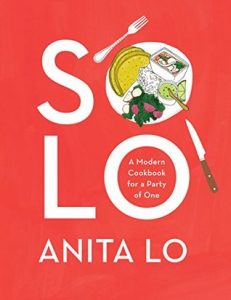 Solo by Anita Lo
Solo by Anita Lo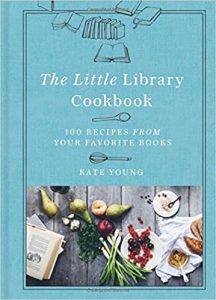 The Little Library Cookbook by Kate Young
The Little Library Cookbook by Kate Young